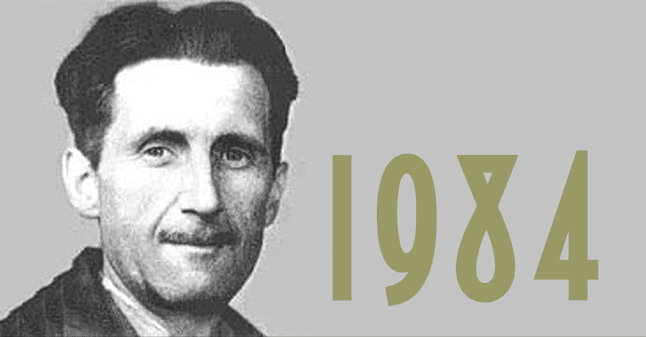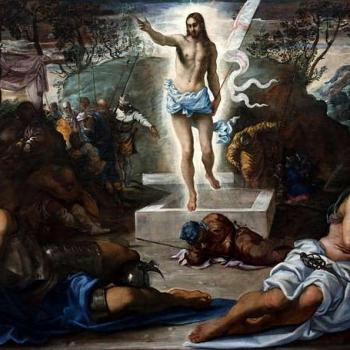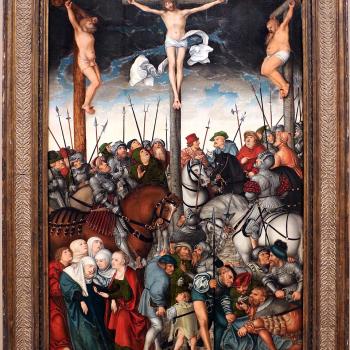Thinking about expunging politically-incorrect authors, censoring literary classics, and re-writing history made me think of “the memory hole” in George Orwell’s 1984.
The protagonist Winston’s job was to edit old newspapers so that the historical record would be in accord with the ruling party’s current ideology and Big Brother’s latest pronouncements. The old versions were dropped down “the memory hole” where they were burned. This was also done with old books, documents, films, and other records of past ideas.
Of course, you don’t need to drop documents down the memory hole for them to be erased from the culture. Just stop teaching them.
You really should read 1984 while you still can. I must warn you that it contains passages that are offensive to authoritarians. The number of Authoritarian-Americans is growing in numbers and influence, so the time may come when the novel itself disappears down the memory hole.
I’ll give you a sample. From George Orwell’s 1984:
When one knew that any document was due for destruction, or evencwhen one saw a scrap of waste paper lying about, it was an automatic action to lift the flap of the nearest memory hole and drop it in, whereupon it would be whirled away on a current of warm air to the enormous furnaces which were hidden somewhere in the recesses of the building. . . .
The messages he had received referred to articles or news items which for one reason or another it was thought necessary to alter, or, as the official phrase had it, to rectify. For example, it appeared from ‘The Times’ of the seventeenth of March that Big Brother, in his speech of the previous day, had predicted that the South Indian front would remain quiet but that a Eurasian offensive would shortly be launched in North Africa. As it happened, the Eurasian Higher Command had launched its offensive in South India and left North Africa alone. It was therefore necessary to rewrite a paragraph of Big Brother’s speech, in such a way as to make him predict the thing that had actually happened. Or again, “The Times’ of the nineteenth of December had published the official forecasts of the output of various classes of consumption goods in the fourth quarter of 1983, which was also the sixth quarter of the Ninth Three-Year Plan. Today’s issue contained a statement of the actual output, from which it appeared that the forecasts were in every instance grossly wrong. Winston’s job was to rectify the original figures by making them agree with the later ones. As for the third message, it referred to a very simple error which could be set right in a couple of minutes. As short a time ago as February, the Ministry of Plenty had issued a promise (a ‘categorical pledge’ were the official words) that there would be no reduction of the chocolate ration during 1984. Actually, as Winston was aware, the chocolate ration was to be reduced from thirty grammes to twenty at the end of the present week. All that was needed was to substitute for the original promise a warning that it would probably be necessary to reduce the ration at some time in April. . . .
As soon as all the corrections which happened to be necessary in any particular number of ‘The Times’ had been assembled and collated, that number would be reprinted, the original copy destroyed, and the corrected copy placed on the files in its stead. This process of continuous alteration was applied not only to newspapers, but to books, periodicals, pamphlets, posters, leaflets, films, sound-tracks, cartoons, photographs — to every kind of literature or documentation which might conceivably hold any political or ideological significance. Day by day and almost minute by minute the past was brought up to date.
In this way every prediction made by the Party could be shown by documentary evidence to have been correct, nor was any item of news, or any expression of opinion, which conflicted with the needs of the moment, ever allowed to remain on record. All history was a palimpsest, scraped clean and reinscribed exactly as often as was necessary. In no case would it have been possible, once the deed was done, to prove that any falsification had taken place. The largest section of the Records Department, far larger than the one on which Winston worked, consisted simply of persons
whose duty it was to track down and collect all copies of books, newspapers, and other documents which had been
superseded and were due for destruction. A number of ‘The Times’ which might, because of changes in political align-
ment, or mistaken prophecies uttered by Big Brother, have been rewritten a dozen times still stood on the files bearing
its original date, and no other copy existed to contradict it. Books, also, were recalled and rewritten again and again,
and were invariably reissued without any admission that any alteration had been made.
And thus, as it says later, “The past was erased, the erasure was forgotten, the lie became truth.”
Illustration: George Orwell, [Public domain], via Wikimedia Commons


















